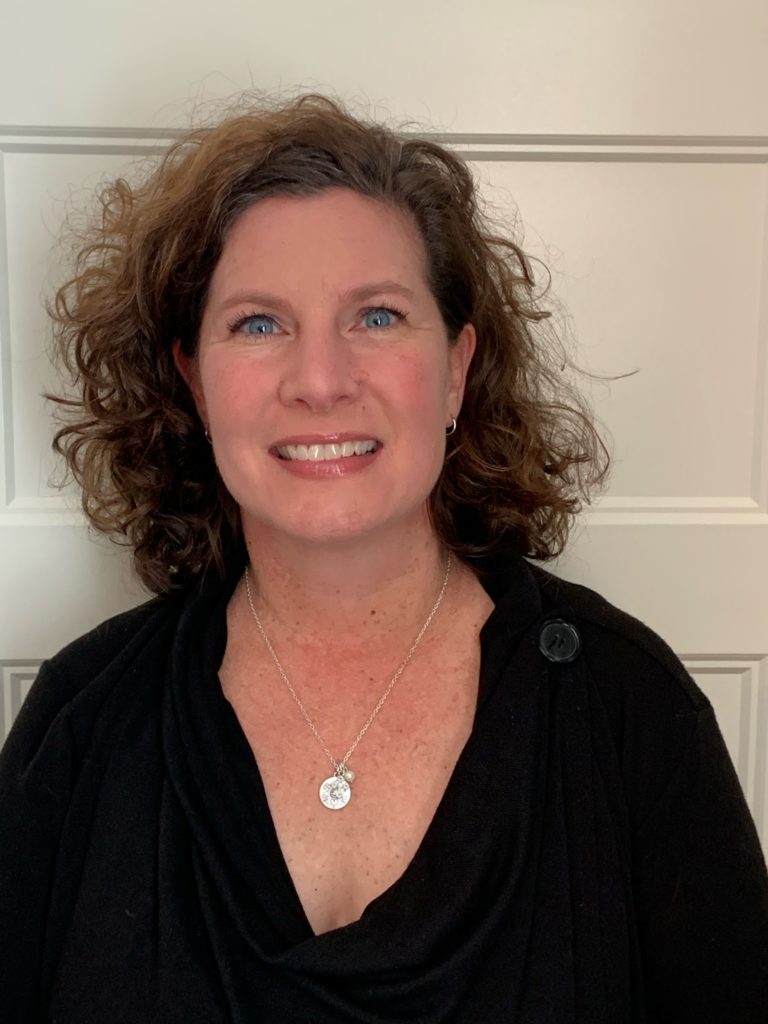Get help now
Call or Text 988
April is Stress Awareness Month
Got Stress? The answer is YES, we all experience stress, but each in our own unique way. It does not matter your age, sex, job, income, physical health, etc.; stress does not discriminate. We all have stress in our lives. Welcome to April, Stress Awareness Month (insert a deep breath here). For better mental health, each individual needs to determine their stressors and effective coping strategies. According to the American Institute of Stress, the most common definition of stress is a “physical, mental, or emotional strain or tension”. Stress is your body’s reaction to pressure from certain situations or events.
First off, check the warning signs. How stress affects a person is unique and individual. Medical News Today points out that stress can affect: mood/temperament changes (irritability, aloofness, anger/hostility, etc.), feelings (unmotivated, overwhelmed, lonely, burnout, struggling with normal activities, time urgency, perfectionism, under-achievement, etc.), physical symptoms (memory/concentration, headache, changes in appetite, high blood pressure, problems with sleep patterns, pain, inability to concentrate, tension, etc.), which can lead to anxiety, depression, or addictive behaviors.
Secondly, pinpoint the cause of the stressor and find a way to change/deal with them. Common causes of stress in our lives are issues with health, jobs, money, relationships, traumatic life events, trauma, or mental disorders. WebMD suggests that recognizing what causes our stress can help us steer clear of the stressor or provide the clarity to create a way to deal with the stressor by creating an action plan.
Thirdly, take control of your stressors and act! Things you can start right now: eat a well-balanced diet, drink enough water, get enough sleep, make positive self-statements, do deep breathing exercises, get moving by engaging in exercises/stretching, get outdoors in nature, limit social media and electronics, create a network of close friends/co-workers, decrease/stop smoking or drinking alcohol, or try relaxation techniques (meditation, pray, imagery, journal, etc.). If these steps don’t help you manage your stress, seek professional help from your personal doctor or a therapist. If stress has gotten to the point that you think of hurting yourself, call the National Suicide Prevention Lifeline at 1-800-273-8255.
Other resources:
https://nebraskamentalhealth.com/
https://www.stress.org/self-assessment
We hope that April is a start to a less stressed life. Change starts with one small act, and we at The Kim Foundation believe in you and believe you are worth making the effort to invite health to your day. Take care of yourself!
Sources:
https://www.stress.org/april-is-stress-awareness-month-2
https://integracareclinics.com/april-is-stress-awareness-month-tips-to-help-you-cope/#.~:text=stress%20awareness%20month%20has%20been,a%healthy%20and%20positive%20life.
https://www.medicalnewstoday.com/articles/emotional-symptoms-of-stress#depression

Colleen Eusterwiemann, Suicide Pre & Postvention Coordinator for The Kim Foundation
Colleen earned her Bachelor’s Degree in Psychology and Sociology from Northwest Missouri State University and her Master’s Degree in Public Administration from the University of Nebraska at Omaha. Colleen has previous experience working for local non-profits focusing on consulting, coordinating, planning, and providing direct care. Colleen joined The Kim Foundation in January of 2022.